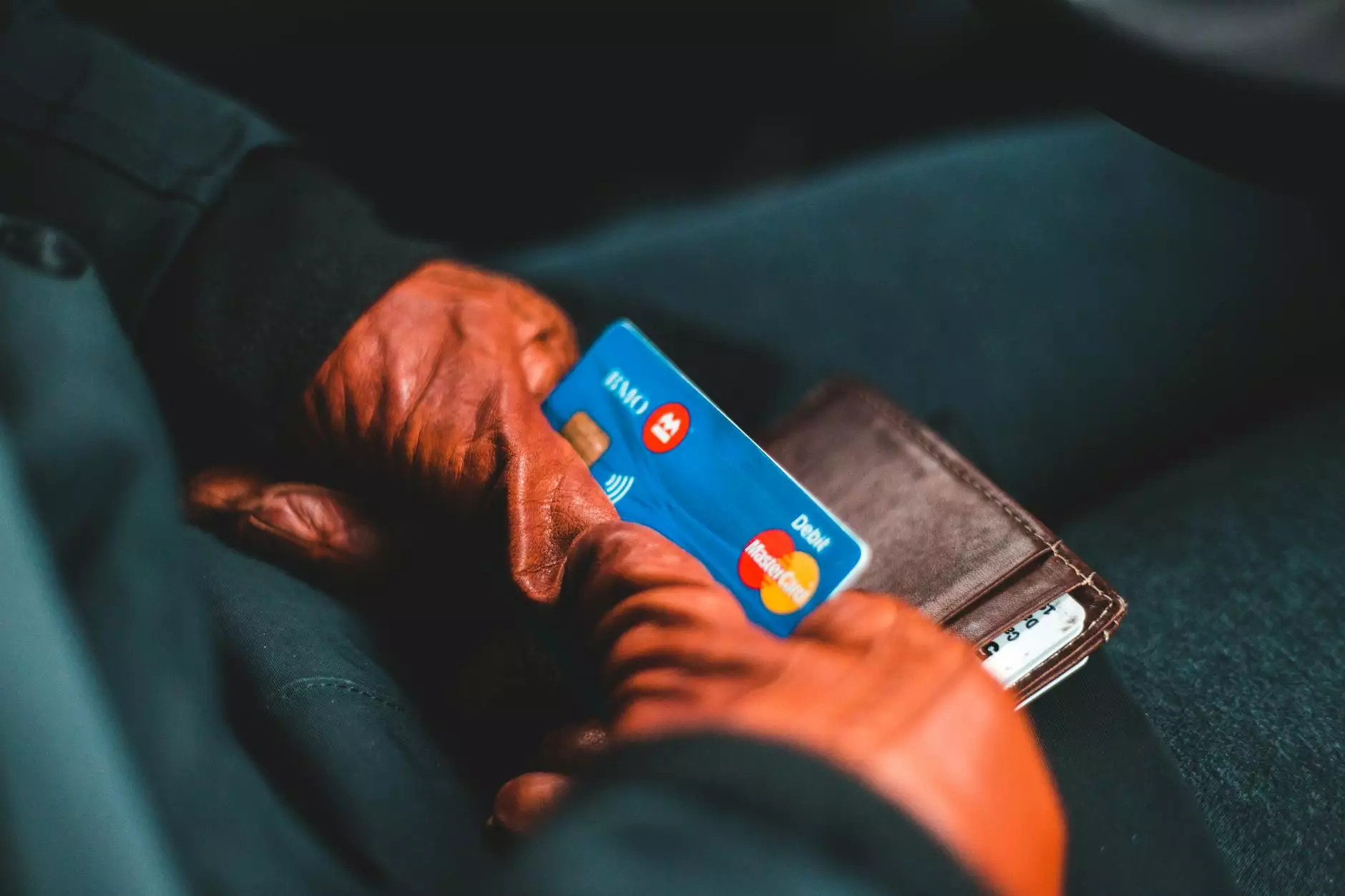How to Repair Identity Theft

Identity theft is a growing concern in today's digital age. It can have severe financial and emotional impacts on individuals and families. At Life Designers, we understand the importance of protecting your personal information and helping you recover from such incidents. Our consulting and coaching services are aimed at providing you with effective strategies to repair identity theft and regain control over your finances.
Understanding Identity Theft
Identity theft occurs when an individual's personal information, such as their name, Social Security number, or credit card details, is used without their consent for fraudulent purposes. This can lead to unauthorized transactions, fraudulent accounts, and a damaged credit score. It is crucial to recognize the signs of identity theft and take swift action to minimize its impact.
Common Types of Identity Theft
Identity theft can take various forms, from simple cases to sophisticated scams. Here are some common types:
- Financial Identity Theft: This involves using someone's personal information to make unauthorized transactions or open fraudulent accounts, such as credit cards or loans.
- Medical Identity Theft: In this type of theft, an individual's personal information is used to obtain medical services, prescription drugs, or health insurance coverage.
- Tax Identity Theft: Tax-related identity theft occurs when someone uses another person's Social Security number to file fraudulent tax returns and claim refunds.
Recovering from Identity Theft
If you have fallen victim to identity theft, it's essential to act quickly to mitigate the damage. Here are steps you can take to recover:
1. Contact Authorities
Report the identity theft to your local law enforcement agency and file a police report. This will create an official record of the incident and may be required for credit bureaus and financial institutions.
2. Notify Credit Bureaus
Contact the major credit bureaus (Experian, Equifax, and TransUnion) and inform them about the identity theft. Request a freeze on your credit report to prevent further fraudulent activity.
3. Review Your Accounts
Carefully review your bank statements, credit card bills, and other financial accounts to identify any unauthorized transactions. Report these to the respective institutions and monitor your accounts regularly.
4. Update Passwords and PINs
Change passwords, PINs, and security questions for all your online accounts. Use strong, unique passwords and enable two-factor authentication whenever possible.
5. Dispute Fraudulent Charges
Contact the financial institutions where fraudulent transactions occurred and dispute the charges. They may require supporting documentation, such as the police report, to initiate the investigation process.
6. Obtain an Identity Theft Report
Request an identity theft report from the Federal Trade Commission (FTC) by visiting their website or calling their hotline. The report can serve as evidence when dealing with creditors and other organizations.
7. Seek Professional Assistance
Consider partnering with a trusted consulting and coaching service like Life Designers. We specialize in guiding individuals through the identity theft recovery process, providing expert advice and support throughout.
Safeguarding Against Future Threats
Prevention is key when it comes to identity theft. Here are some additional measures you can take to protect yourself:
- Monitor Your Credit: Regularly check your credit reports for any suspicious activity or inaccuracies. You can obtain a free credit report annually from each of the major credit bureaus.
- Secure Personal Information: Safely store your personal and financial documents in a locked cabinet or a digital password-protected folder. Shred any sensitive physical documents before disposing of them.
- Be Cautious Online: Avoid clicking on suspicious links or downloading attachments from unknown sources. Use secure websites for online transactions and enable multi-factor authentication.
- Protect Your Social Security Number: Avoid carrying your Social Security card with you and never share it unless necessary. Be cautious when providing personal information over the phone or through email.
- Use Strong Passwords: Create unique, complex passwords for each of your accounts. Avoid using personal information or easily guessable patterns.
Life Designers - Your Trusted Partner
Life Designers is a leading consulting and coaching service in the field of business and consumer services. Our expertise in identity theft recovery and prevention can help you navigate the complexities of restoring your financial security.
By providing personalized guidance and actionable steps, we empower individuals to protect themselves against identity theft. Safeguarding your personal information and financial well-being is our utmost priority.
In conclusion, recovering from identity theft requires a proactive approach and expert support. With Life Designers by your side, you can restore your financial health and regain peace of mind. Contact us today to learn more about our comprehensive consulting and coaching services.









